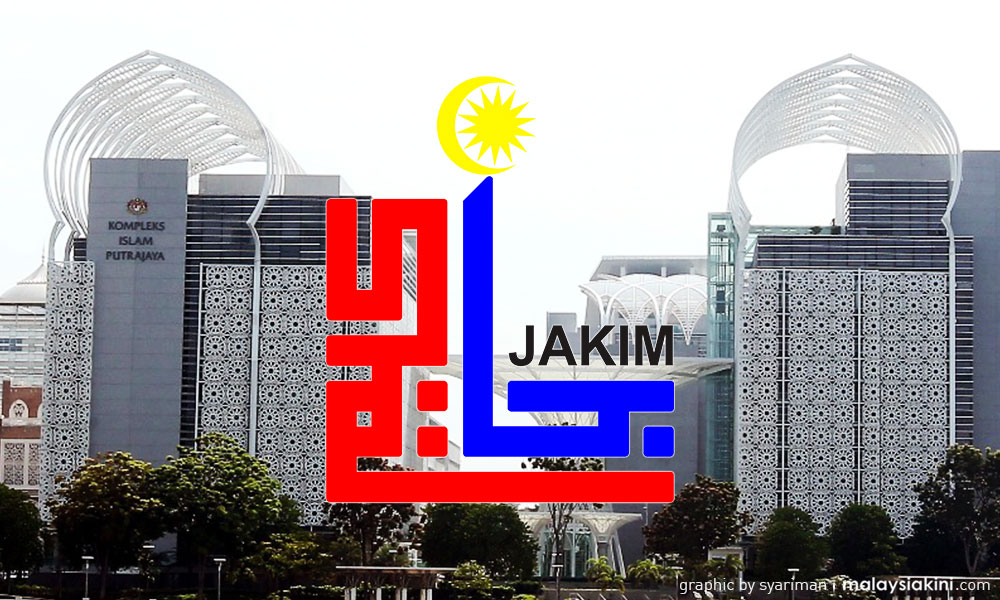G25 joins the economists, financial analysts, business leaders, and the general public in welcoming the Parliament’s approval at the policy stage of the Second Reading of Budget 2021.
This second reading came after the Finance Minister showed appreciation for criticisms raised by MPs and made changes to provide more assistance for those badly affected by the economic effects of the pandemic. The fact that the government is willing to accommodate the demands of the opposition shows the maturity of our cabinet ministers.
It is encouraging that despite heated controversy regarding the legitimacy of the present government, our politicians are willing to put aside their differences at this time of suffering among the poor and those who lost jobs and incomes. This spirit of togetherness in fighting the pandemic will have a positive impact on business sentiment and give us confidence for a recovery next year.
The debate on the budget will now move to the second stage with Parliament going into committee session to examine the details of the financial allocations ministry by ministry.
G25 agrees with the views expressed among politicians on both sides of the aisle that the budget should convey the message of unity and therefore the allocations to ministries should not identify beneficiaries by race or religion. Nor should the budget be used for supporting the political interests of the ruling coalition partners.
We call upon Parliament to ensure that the budget is fair to all races, especially to those doing small businesses in the informal sectors such as selling food and items at roadside stalls and night markets to make a living for their families. They all need help, whatever their race and religion.
The size of the budget for 2021 will be the largest in our history. Despite the fiscal constraints in government resources, the large increase in the federal budget expenditure is unavoidable.
This is because there is the need for the public sector to intervene on behalf of the people to provide urgent assistance to the needy and to maintain the continued development of the country, especially in the education, health, infrastructure, agriculture, SME, and technology sectors.
The government must reassess the large allocations of the budget that will be given to bodies like the Department of Islamic Development (Jakim) as it cannot be justified when the budget allocation for hospitals and health institutions have been reduced.

Our ministries and research institutions, especially the universities, must also be given more funds to acquire state-of-the-art facilities to upgrade their response capabilities with accurate research and analytical tools. This is so they can deal with an emergency such as the one we are facing now, with better and more precise information.
In addition, there is a need for the budget to help facilitate structural changes from a labour-intensive to a knowledge-based economy where labour productivity and wage levels will be much higher than what they are today.
With the large budget increase, the government has no choice but to borrow more from financial institutions as its revenue base is not strong enough to finance the expenditure programme.
While the big expenditure is justified, the government must also demonstrate to Parliament that all ministries and departments will spend their allocations productively to benefit the target groups without wastage.
Leakages seem to become a regular occurrence, as pointed out in the Auditor General’s reports to the Public Account Committee. These weaknesses are often associated with cronyism, favoritism, and corruption. As such, they must not be allowed to happen again and again so that we can redeem our past reputation as one of the best managed among the fast-developing countries.
G25 calls upon the MPs to make it a condition that their support and approval, when the budget goes to the third and final phase of voting in mid-December, is contingent upon the government agreeing to the formation of a Parliamentary Select Committee on Corruption and Integrity, as suggested by an MP from the opposition.
We believe the select committee should function as the eyes and ears of the people to hold politicians and civil servants accountable for their budgets and to recommend appropriate actions against those who are accomplices to mismanagement, fraud, and corrupt practices.
We believe that by establishing the select committee, Malaysia will be making a historic step towards implementing the urgent reforms on governance which past governments had promised but never delivered.
This time, the opposition MPs must take advantage of the present fragile political position to pressure the Perikatan Nasional government to agree on the establishment of the said select committee before approving the budget.
G25 is a civil society organisation as the voice of moderation on religion. - Mkini
The views expressed here are those of the author/contributor and do not necessarily represent the views of MMKtT.





No comments:
Post a Comment
Note: Only a member of this blog may post a comment.